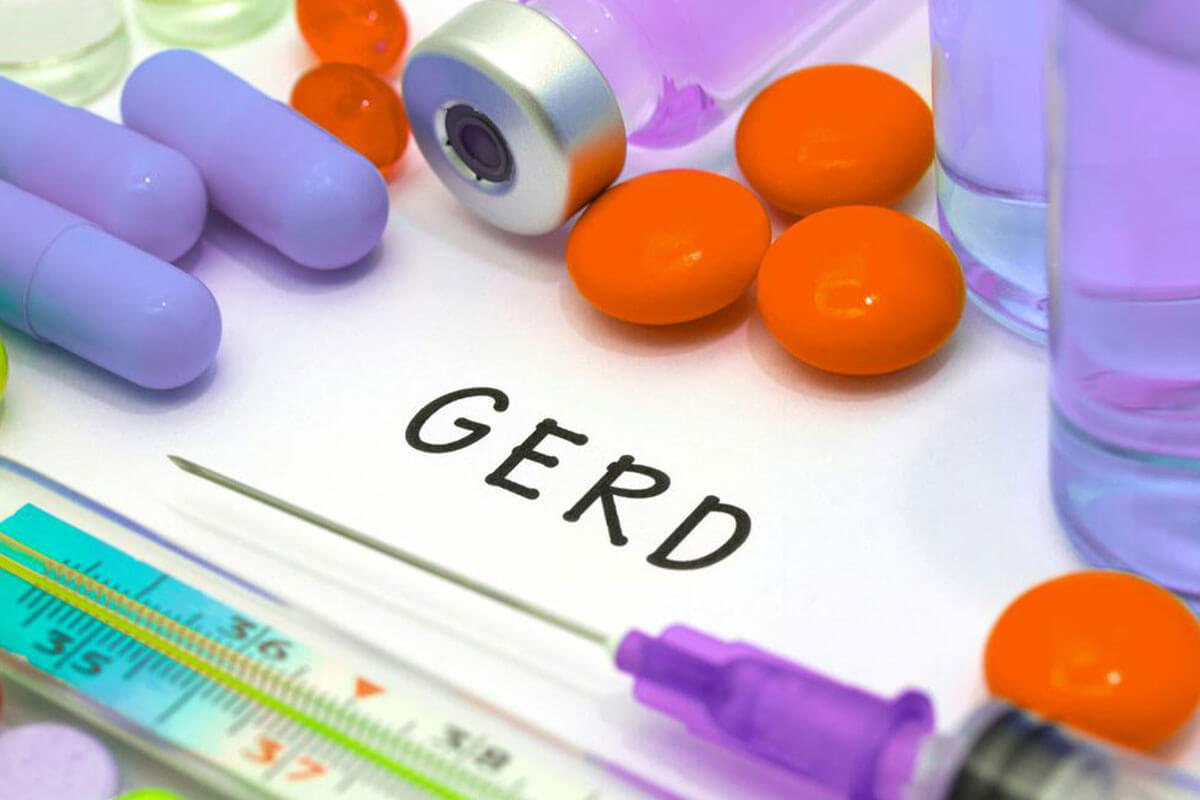Comprehensive Approaches to Managing and Treating Gastroesophageal Reflux Disease (GERD)
This comprehensive guide explores effective strategies to manage and treat GERD, emphasizing lifestyle changes, dietary adjustments, medication options, and surgical procedures. Proper management of GERD improves quality of life, alleviates symptoms, and prevents long-term complications such as esophageal damage. Understanding the causes, risk factors, and treatment options empowers patients to take control of their condition with the support of healthcare professionals. Whether through lifestyle modifications or advanced medical interventions, managing GERD effectively is achievable with a tailored, holistic approach.

Comprehensive Approaches to Managing and Treating Gastroesophageal Reflux Disease (GERD)
Gastroesophageal Reflux Disease (GERD) is a common chronic condition characterized by the backward flow of stomach acids into the esophagus, leading to discomfort and potential complications if left unmanaged. Effectively managing GERD requires a multifaceted approach that combines lifestyle modifications, dietary changes, and appropriate medical interventions. This comprehensive guide explores evidence-based strategies to control GERD symptoms, improve quality of life, and prevent long-term damage to the esophageal lining.
Understanding GERD and Its Causes
GERD occurs when the lower esophageal sphincter (LES), a muscular ring that acts as a valve between the stomach and esophagus, becomes weak or relaxes inappropriately. This abnormal relaxation allows stomach acid and contents to reflux into the esophagus, causing symptoms such as heartburn, regurgitation, chest pain, and swallowing difficulties. Several factors can contribute to the occurrence of GERD, including obesity, sedentary lifestyle, certain foods and beverages, smoking, pregnancy, and hiatal hernia. Recognizing these risk factors is essential in developing an effective management plan.
Lifestyle Changes to Alleviate GERD Symptoms
One of the first steps in managing GERD involves modifying daily habits to reduce acid reflux episodes. Patients are advised to sleep with their head elevated by about 6 to 8 inches using blocks or specialized pillows. Elevating the head prevents acid from flowing back into the esophagus during sleep, a common time for reflux. Avoiding eating late at night, ideally having the last meal at least three hours before bedtime, reduces gastric pressure and reflux risk.
Additionally, quitting smoking and limiting alcohol consumption are vital, as both substances relax the LES and increase acid production. Weight loss, especially in overweight or obese individuals, can significantly decrease abdominal pressure and reduce reflux symptoms. Regular physical activity, combined with weight management, further benefits overall esophageal health.
Dietary Adjustments for GERD Management
Diet plays a pivotal role in controlling GERD symptoms. Patients should identify and avoid foods that relax the LES or irritate the esophageal lining. Common triggers include chocolate, spicy foods, citrus fruits, tomatoes, fatty or fried foods, caffeine, and carbonated beverages. Instead, emphasis should be placed on a balanced diet rich in vegetables, lean meats, whole grains, and non-acidic fruits. Smaller, more frequent meals help prevent excessive gastric distension and reflux episodes.
Medication Options for GERD Treatment
When lifestyle and dietary modifications are insufficient, medications provide significant relief by reducing stomach acid production or neutralizing acidity. Proton pump inhibitors (PPIs), such as omeprazole, lansoprazole, and esomeprazole, are the primary pharmacologic agents prescribed for GERD. They work by irreversibly inhibiting the hydrogen/potassium ATPase enzyme system in gastric parietal cells, leading to substantial reductions in acid secretion. PPIs are highly effective in alleviating heartburn and facilitating esophageal healing.
H2 receptor antagonists like ranitidine, famotidine, and nizatidine offer an alternative or adjunct to PPIs. They block histamine H2 receptors on gastric parietal cells, decreasing acid production. However, tolerance can develop over time, reducing their effectiveness. For episodic or mild symptoms, antacids such as calcium carbonate or magnesium hydroxide provide rapid, short-term relief.
Potential Risks and Side Effects of GERD Medications
While PPIs and H2 blockers are generally safe, long-term use may be associated with certain risks. Proton pump inhibitors have been linked to increased incidences of fractures, possibly due to impaired calcium absorption, as well as heightened risks of gastrointestinal infections like Clostridioides difficile and bacterial overgrowth. Some studies suggest a potential increase in cardiovascular risks, although evidence remains inconclusive. H2 receptor antagonists may cause headache, dizziness, and gastrointestinal disturbances. It is crucial to work closely with healthcare providers to monitor therapy and adjust treatment as needed.
Advanced Treatments and Surgical Options
For individuals with severe GERD refractory to medication or with complications such as strictures or Barrett's esophagus, surgical options may be considered. Fundoplication, a procedure involving wrapping the top of the stomach around the lower esophagus, enhances LES function and prevents reflux. Less invasive procedures like transoral incisionless fundoplication (TIF) and magnetic sphincter augmentation (LINX device) are alternative surgical interventions that preserve esophageal function while reducing reflux.
Monitoring and Long-term Management
Managing GERD is an ongoing process. Regular follow-up with healthcare providers helps monitor symptom control, evaluate for possible complications, and tailor treatment plans. Diagnostic testing such as endoscopy, pH monitoring, or esophageal manometry may be employed to assess the severity of reflux and esophageal damage. Lifestyle modifications should be maintained over the long term to sustain symptom relief and prevent disease progression.
Conclusion: Achieving Effective GERD Control
Effective management of GERD necessitates a holistic approach that combines lifestyle alterations, dietary modifications, medical therapy, and, when necessary, surgical interventions. Patients should work closely with healthcare professionals to develop personalized treatment plans, regularly review therapy efficacy, and adjust strategies to achieve optimal symptom control. By adopting these comprehensive strategies, individuals with GERD can significantly improve their quality of life and minimize the risk of serious esophageal complications.





